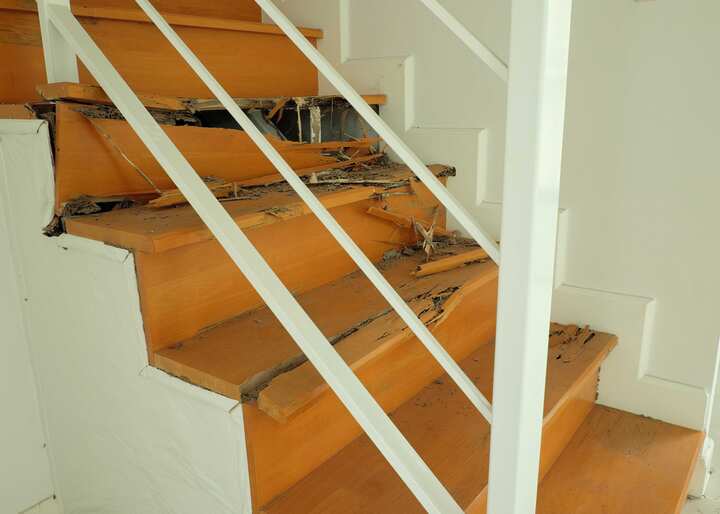Specialized experts in termite removal in Denver
It’s essential to make termite removal a priority. Protect your home from the devastating effects of termites with professional termite removal services in Denver. Termites can cause extensive damage to your home’s structural integrity, leading to costly repairs and maintenance in the future. Regular termite inspections and treatments are necessary to prevent and eliminate termite infestations. Our network of pest control experts offer comprehensive termite removal options, from inspections to soil treatments, bait stations, fumigation, and preventative measures. Our experienced and knowledgeable team will diagnose any potential termite issues before they become major problems, which can save you money in the long run. Don’t wait until it’s too late to protect your home from termites. Contact our team now to schedule a termite inspection and take the necessary steps to prevent and eliminate termite infestations. With our quality service and competitive prices, you can trust that your home is in good hands. Protect your home and your investment with professional termite removal services.

Get your fast, local termite control estimate
1. Call our team or complete our estimate form to schedule a termite inspection
Our calls and form completions are completely free to you. You will only be charged if you decide to work with one of our professional pest control service experts. Our termite removal contractors have years of experience and are knowledgeable in identifying and treating termite infestations. You can feel confident that your home will be in great hands with one of our network professionals.
2. Connect with a local Denver, Colorado termite removal expert
Completing our form is a great option if you’re busy and want someone to get back to you at a later time. A call will connect you with a termite removal professional quicker. Receive your competitive estimate; often, you can receive an estimate right on the phone call, and sometimes a little more discovery is involved, and the termite removal expert might want to do some basic inspections before giving the estimate.
3. Don’t wait until it’s too late to protect your home from termites
Contact our network now to schedule a termite inspection and take the necessary steps to prevent and eliminate termite infestations. With our quality service and competitive prices, you can trust that your home is in good hands. Protect your home and your investment with professional termite removal services in Denver.